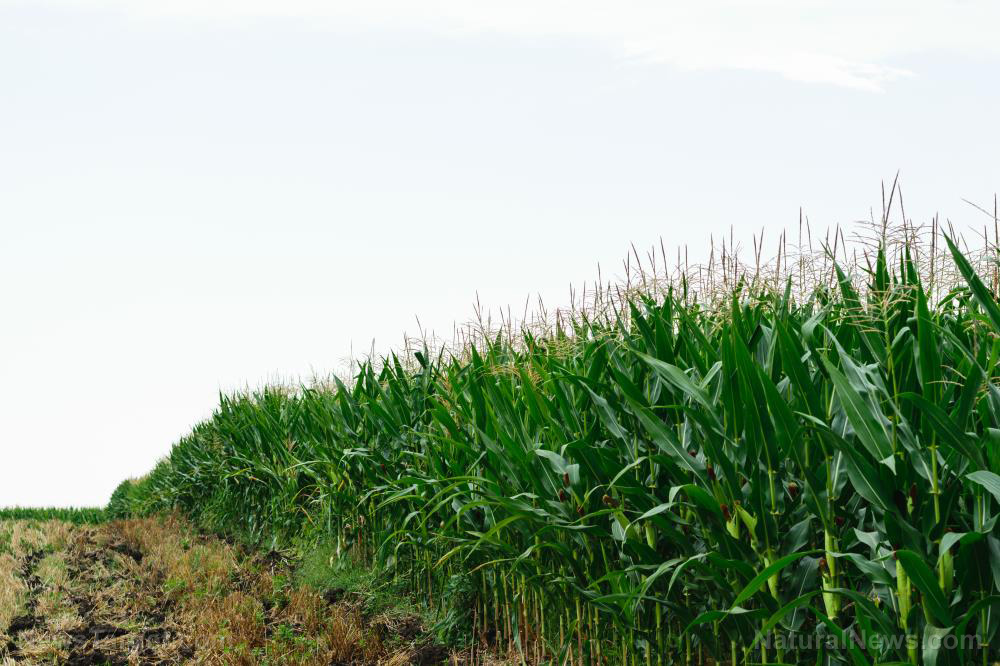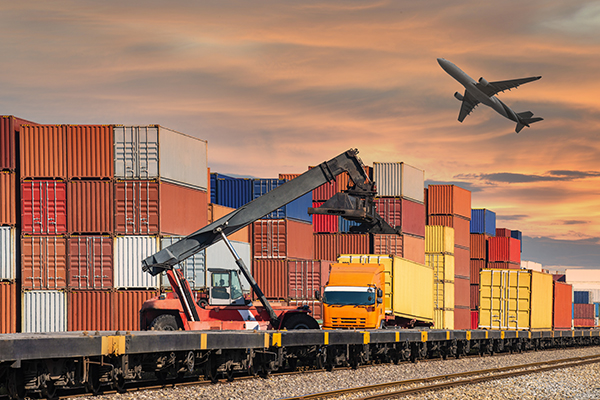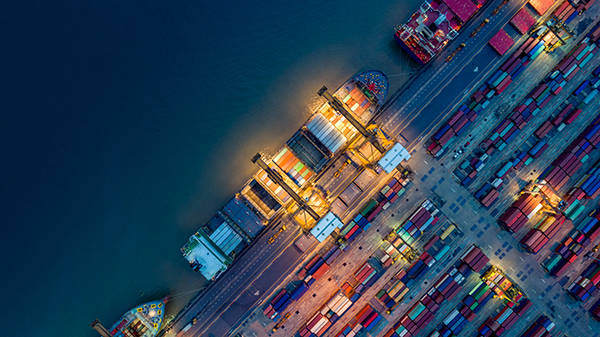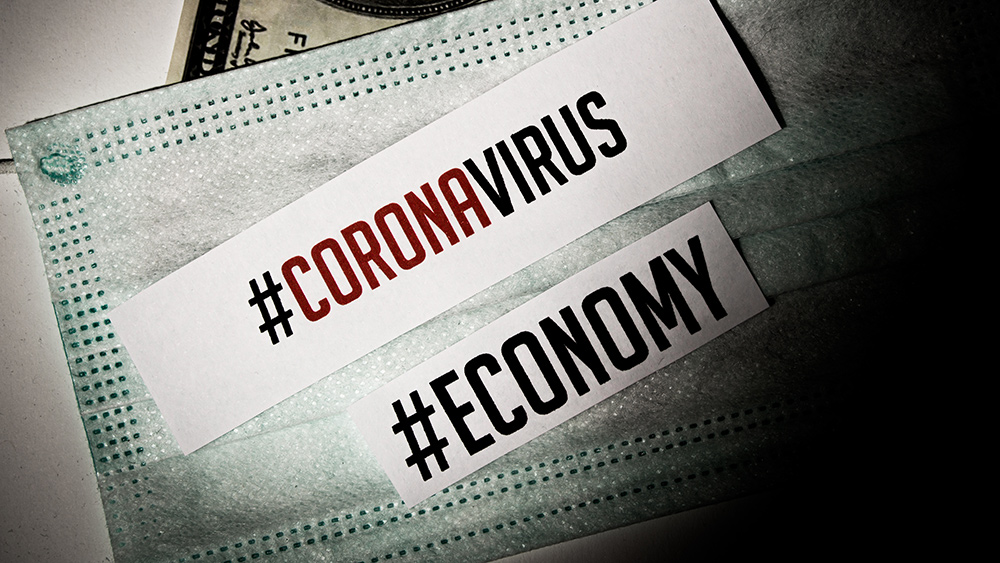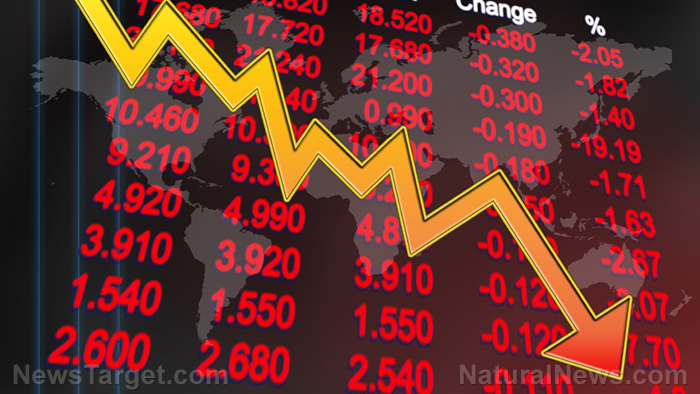Supply chain crisis, vaccine mandates and omicron surge are about to cause the COLLAPSE of America’s food systems
01/25/2022 / By Arsenio Toledo

America’s food systems are on the brink of collapse due to the strain caused by the post-vaccine omicron variant of the Wuhan coronavirus (COVID-19), labor shortages caused by vaccine mandates and other unresolved supply chain issues.
Economic analysts and food industry executives believe that supply challenges are currently at their worst since the pandemic began nearly two years ago. Now, these shortages are being caused by a combination of unresolved supply chain problems and vaccinated workers calling in sick.
At least part of this problem comes from COVID-19 vaccine mandates.
Natural Products Association President and CEO Daniel Fabricant said: “Vaccine and testing mandates will only slow delivery times and drive up costs for consumers, retailers and manufacturers and damage the ability to keep products on store shelves that consumers have relied on to stay healthy for the past 20 months. We don’t need the vaccine mandate when the country is already plagued by concerns of rising inflation and product availability.”
Experts warn that the situation could persist for weeks or even months, and the eventual waning of the current COVID-19 wave won’t be enough to resolve the slowdown of food production. (Related: Omicron cripples labor force of highly vaccinated New York City.)
Eddie Quezada, a produce manager at a Stop & Shop in Northport, New York, said the post-vaccine omicron wave has caused more staffing shortages in his department than any previous wave of the pandemic. Around one in every five members of his staff contracted COVID-19 this January.
Quezada said his store is also having trouble procuring goods due to delivery drivers being laid off due to the mandate or vaccinated drivers contracting COVID-19. Earlier this month, he received less than half of the strawberries he ordered. “There is a domino effect in operations,” he said.
Keith Milligan, the owner of several Piggly Wiggly franchises in Georgia and Alabama, said about one-third of his employees who organize and load products into trucks at the grocery chain’s distribution centers were out sick with COVID-19 during the first week of January.
Milligan said his stores are still struggling to keep food stocks due to staffing issues. Frozen vegetables and canned biscuits are running dangerously low, he said.
Vivek Sankaran, CEO of grocery chain Albertsons, said his company was expecting supply issues to be resolved by now. “Omicron has put a bit of a dent on that,” he said. He expects more supply challenges to pop up over the next month or so.
In-stock levels of food products at American retailers are down to just 86 percent of what is normal, according to data from market research experts. This is lower than last summer when stocks were at around 90 percent of normal.
Restaurants not faring any better
The supply chain disruptions are affecting the restaurant industry as well. Some of the country’s largest employers in the industry, like McDonald’s, Starbucks and Chipotle, are being forced to reduce their working hours in response to the labor shortage and the ongoing coronavirus surge, which are wreaking havoc on their fully vaccinated workforces.
According to CEO Chris Kempczinski, operating hours of McDonald’s locations across the country are now around 10 percent shorter on average than before the pandemic.
Starbucks recently announced that nearly 9,000 of its more than 15,000 stores in the U.S. will be modifying their store hours due to the number of workers currently out sick due to COVID-19 and other “concerns over customer and worker safety.”
“We will always make proactive decisions that prioritize the health and well-being of our customers and our partners,” said Starbucks in an email. The company warned that customers may experience a lack of specific products, a slowdown in mobile ordering and reduced payment options due to staffing shortages.
“We saw about an average of one-hour reduction in operating hours at Popeyes during this quarter relative to pre-pandemic levels, said Jose Cil, CEO of Restaurant Brands International, which manages several fast-food chains like Popeyes and Burger King.
More related stories:
Farmers are reducing how much food they produce due to surging fertilizer prices.
12 Signs that food shortages are already here.
Global supply chain crisis expected to last another TWO YEARS.
Restaurant operators say business conditions have significantly DECLINED.
Listen to this episode of the “Health Ranger Report,” a podcast by Mike Adams, the Health Ranger, as he talks about how supply chain failures and food shortages are going to get even worse.
This video can be found on the Health Ranger Report channel on Brighteon.com.
Learn more about the collapse of America’s food systems at FoodCollapse.com.
Sources include:
Tagged Under: big government, Collapse, coronavirus, coronavirus vaccines, covid-19, economic collapse, economy, food collapse, food shortage, food supply, infections, labor shortage, outbreak, pandemic, supply chain crisis, vaccine mandate, vaccines
RECENT NEWS & ARTICLES
COPYRIGHT © 2017 BUBBLE NEWS

